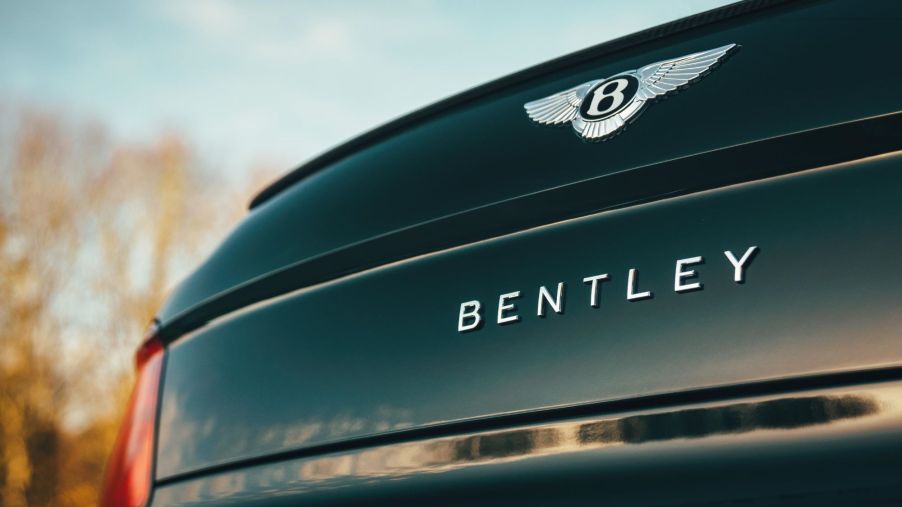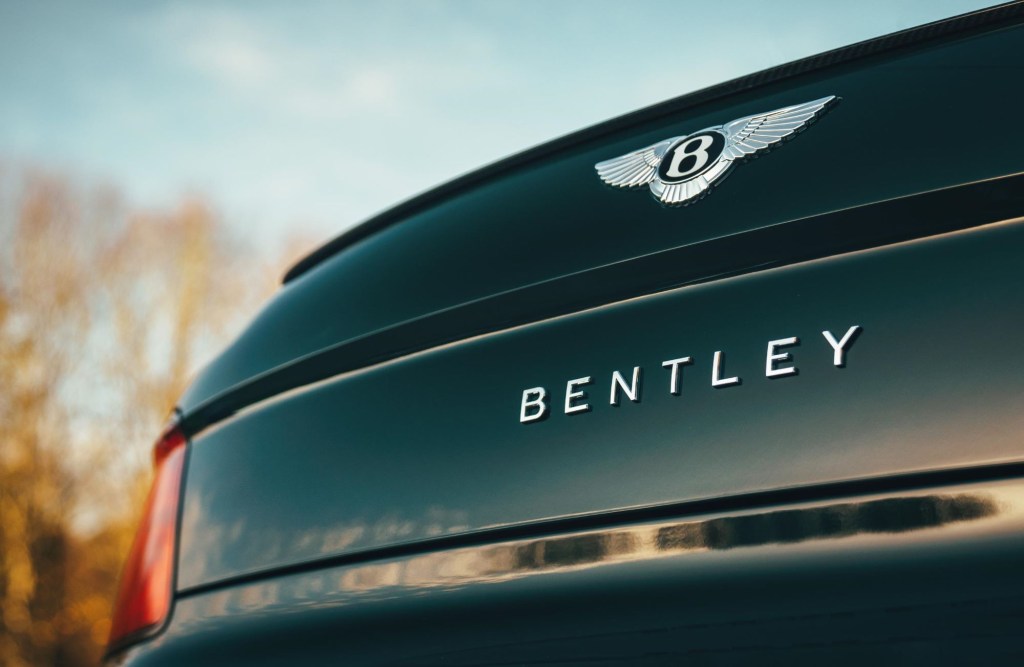
What Is the Future of Bentley in the Volkswagen Group?
Volkswagen owns Bentley, but Audi has managed it since March 1, 2021. The subsidiary’s move follows the Volkswagen brand’s projected drive toward electric and autonomous technology, an expensive proposition when fully moving from gasoline- or diesel-powered engines to electric.
Although Volkswagen considered offloading four of its brands to reduce costs, it decided not to offload Bentley but instead integrate it into the Audi brand’s goal of completely switching to electric vehicles by 2030.
The Volkswagen-Bentley backstory

Automobile notes that the enticing 100-anniversary history of Bentley’s niche brand is a couple of decades older than Volkswagen. Walter Owen Bentley founded Bentley in 1919 after World War I. Known as W.O. in the auto industry, Bentley, originally trained as a railway engineer, designed light-alloy pistons and short-stroke engines that the auto industry still learns to study today.
Despite a Depression-era conflict over the Bentley brand in 1932, the brand is synonymous with today’s engineering know-how. Furthermore, it is a massive mark of luxury found under the Volkswagen umbrella.
Volkswagen before Bentley
Adolf Hitler wanted an economical, speedy vehicle that most Germans could afford. BBC News reports that the Nazi organization known as the German Labour Front founded Volkswagen as a state-owned manufacturer on May 29, 1937, per Hitler’s directive.
It was, and is, headquartered in Wolfsburg, Germany. However, World War II put the brakes on production until the late 1950s, when the VW Beetle debuted.
It wasn’t until 1960 that Volkswagen went public, selling a majority of its stock. No longer a state-owned company, it would take many years for consumers to disassociate Volkswagen from its Nazi-run roots. Today, the internationally-known Volkswagen Group has had its share of hard knocks, including a scandal threatening to destroy the marque.
The diesel scandal almost sinks VW, Audi, and Bentley
Volkswagen, whose parent company is Porsche, is chaired by Dr. Herman Diess. Volkswagen became embroiled in arguably the greatest automobile scandal that ever threatened to bring down a marque. VW was outed by researchers in 2014 for cheating on emissions tests.
The ensuing scandal, often known as diesel-gate, cost the company billions. Sales of its diesel models from the Audi and Bentley brands plummeted, costing Volkswagen an estimated $80 billion in consumer compensation, fines, and recalls.
With that scandal close to being behind them, today, Bloomberg Business calls VW “the No. 1 car seller on the planet, with staggering electric goals.” However, the diesel scandal has had a far-reaching effect as Audi has recently been subject to investigation. Nevertheless, Bentley has something to be said, as it delivered a record-setting sale of 11,206 units in 2020 despite the pandemic.
What about the other brands under the VW umbrella?
In addition to the brands of Audi and Bentley in the Volkswagen Group, other members include Bugatti, Ducati, Lamborghini, Porsche, Scania, Man, Seat, and Skoda. Light commercial trucks also fall under this marque. These 10 brands manufacture 355 models while offering countless color and trim combinations.
With 118 production plants on five continents and VW venturing into other fields like finance and chemical reactors, one might wonder if Bentley, Audi, and the move to electric vehicles won’t get lost with all those hands in all those different pots.


